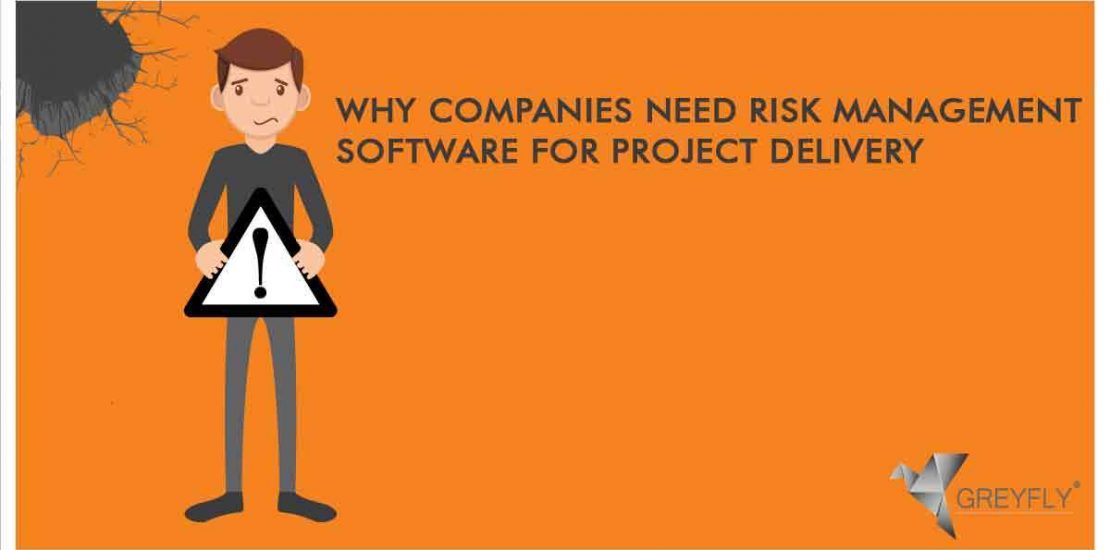- September 24, 2019
- Posted by: Courtney Armstrong-Clark
- Category: A.I.

A decade ago, project risk assessment and management were limited to very few companies. However, as per 2018’s annual survey on The State of Project Management from Wellington, risk management plays a significant role in project success.
Project risk management is the process of identifying, prioritising, planning, and then responding to the risks that have not yet happened and that can potentially affect your project timeline, budget, or performance.
As per a study from PMI, 86% of organisations are using at least one risk management method. Project risks can benefit a company the most because risk management software can predict and enact measures to control delivery and sustain progress.
According to McKinsey, 70% of senior managers are planning to embrace digital risk management. This is a wise option since companies need risk management tools for successful project delivery. Why? Let’s find out.
- Data Management: One of the key elements of the risk assessment is data. AI project management tools can offer improved data governance of a large amount of data and minimise errors/bias. This makes business decisions more consistent and brings responsiveness to real-time data needs.
- Prioritize Risk Analysis: AI risk management software use risk-scoring algorithms to rank risks as severity levels and priority, allowing companies to first minimize and eliminate potential risks that could considerably affect on-time project completion and project delivery.
- Improved Decision-Making: Risk management software built on artificial intelligence algorithms can identify complex patterns and provide accurate predictions of risks. The detailed analytics can significantly improve decision-making. Rather than ‘going with the gut’ while managing resources and identifying risks, you get useful insights to take decisions that may quickly eliminate the potential risks.
- Determine Type of Risk: Risk management tool has the ability to identify various types of potential risks such as financial, time-related, and more that can affect project delivery. This can help to mitigate the upcoming risks that cannot be eliminated by focusing on them beforehand.
How AI-Based Risk Management Tools Decrease Uncertainty in Project Delivery
Risk management tools based on machine-learning can capture knowledge from expert project managers, the past projects’ data and best practices, etc. and then utilize it to predict as well as eliminate the most potential risks that increase the probability of project success.
- Machine-learning components of an AI risk management tool can offer even more insight and vision in the experimental stages of a project. It can analyse and learn from previous projects what may be potential risks in the next one.
- Sudden changes to the project requirements can affect project delivery but it can be mitigated with AI-based risk management software that can timely detect all the risks.
Conclusion
Project risk management has become popular in recent years but humans’ inability to handle extensive data and detect potential threats gave rise to AI-based risk management tools. Reducing risks creeping out at various stages of a project requires a risk management software that provides early insights and enables proactive corrective efforts.
